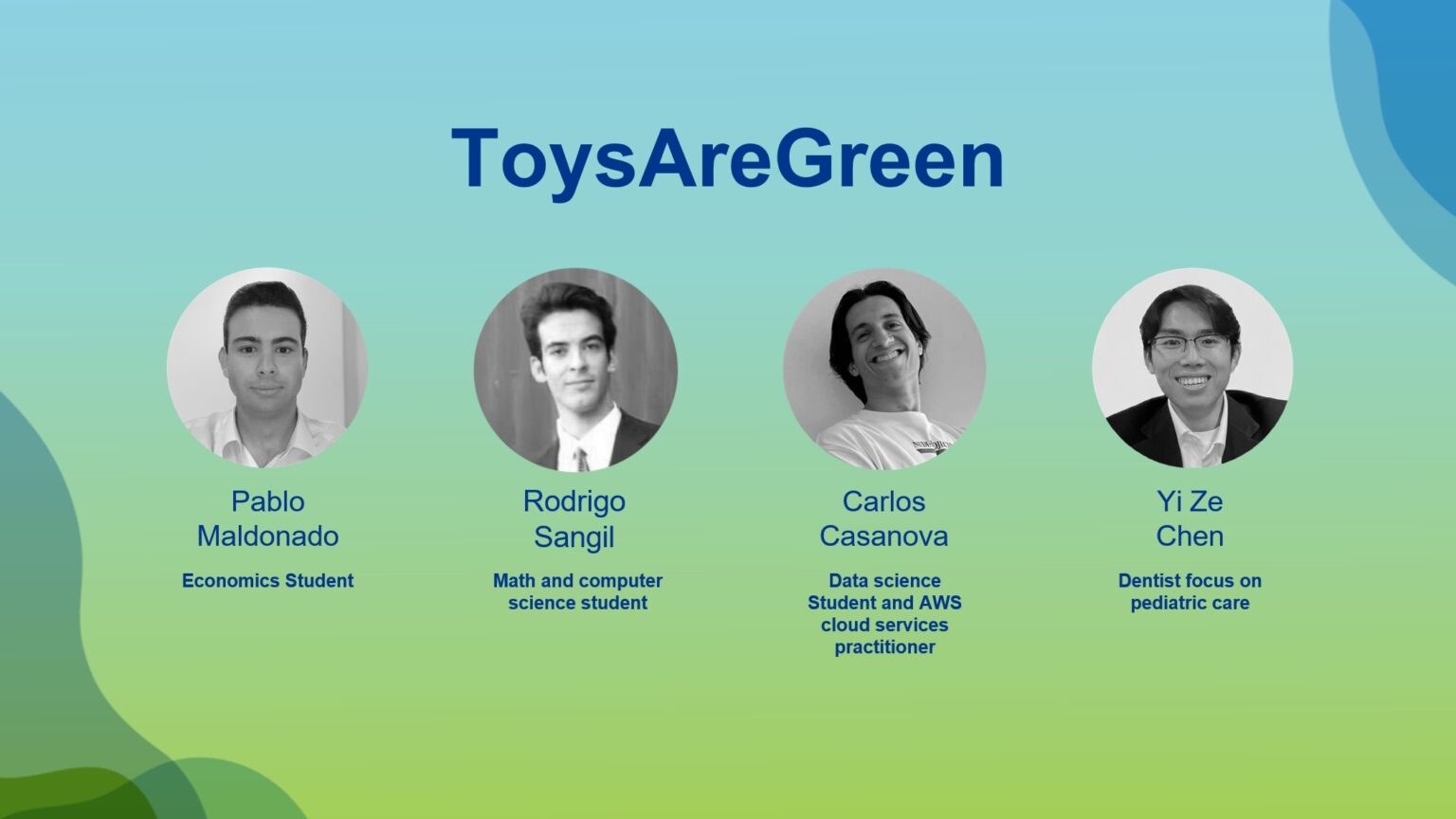Discover the finalists!
Apart from the champions, 6 teams impressed the jury with their innovative solutions for their communities and regions, becoming the finalists of the first European Citizens Hackathon Championship.
Check out their projects to see how they are making a positive impact. Problem owners, investors, innovators, industry leaders, academics, civil servants, or citizens: Let’s support the EU Sparks finalist teams in bringing their solutions to life!

City Layers
Kassel & Klagenfurt Hackathon
Members: Domagoj Krhen, Lovro Koncar-Gamulin, Andrea Wiesinger, Angelos Chronis and Serjoscha Duering.
Challenge: Green urban development requires more info transferred between citizens & decision-makers.
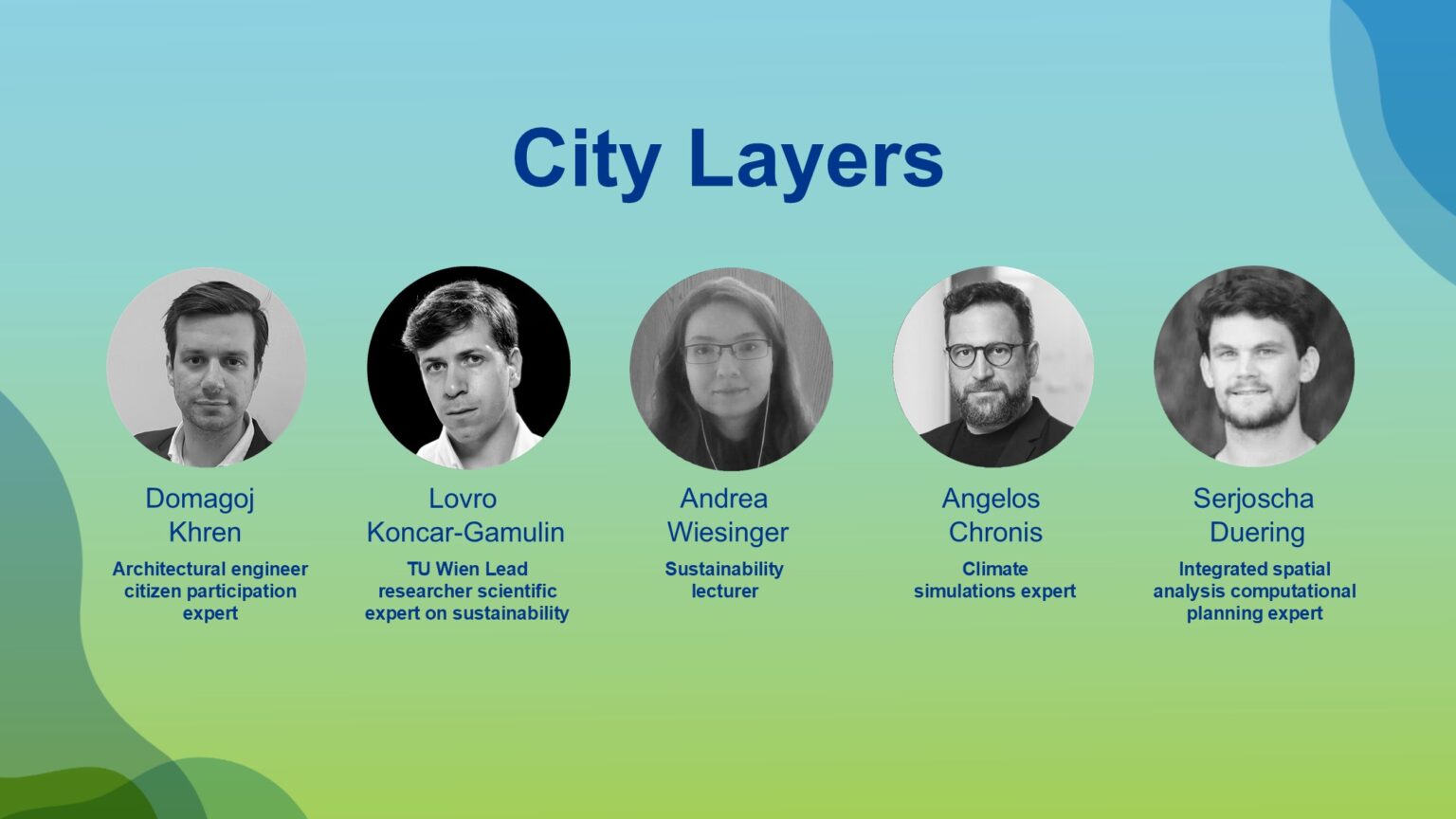
Green Cool Innovators
Kassel & Klagenfurt Hackathon
Members: Mohamed Alsawad, Abdelrahman Enan, Mohamed Eita and Mohamed Farrag.
Challenge: The share of households using air conditioning has grown to 19 percent in 2024 compared to 13 percent the previous year. How might we smart grid for domestic heating and cooling decrease electricity consumption and CO2 emissions?
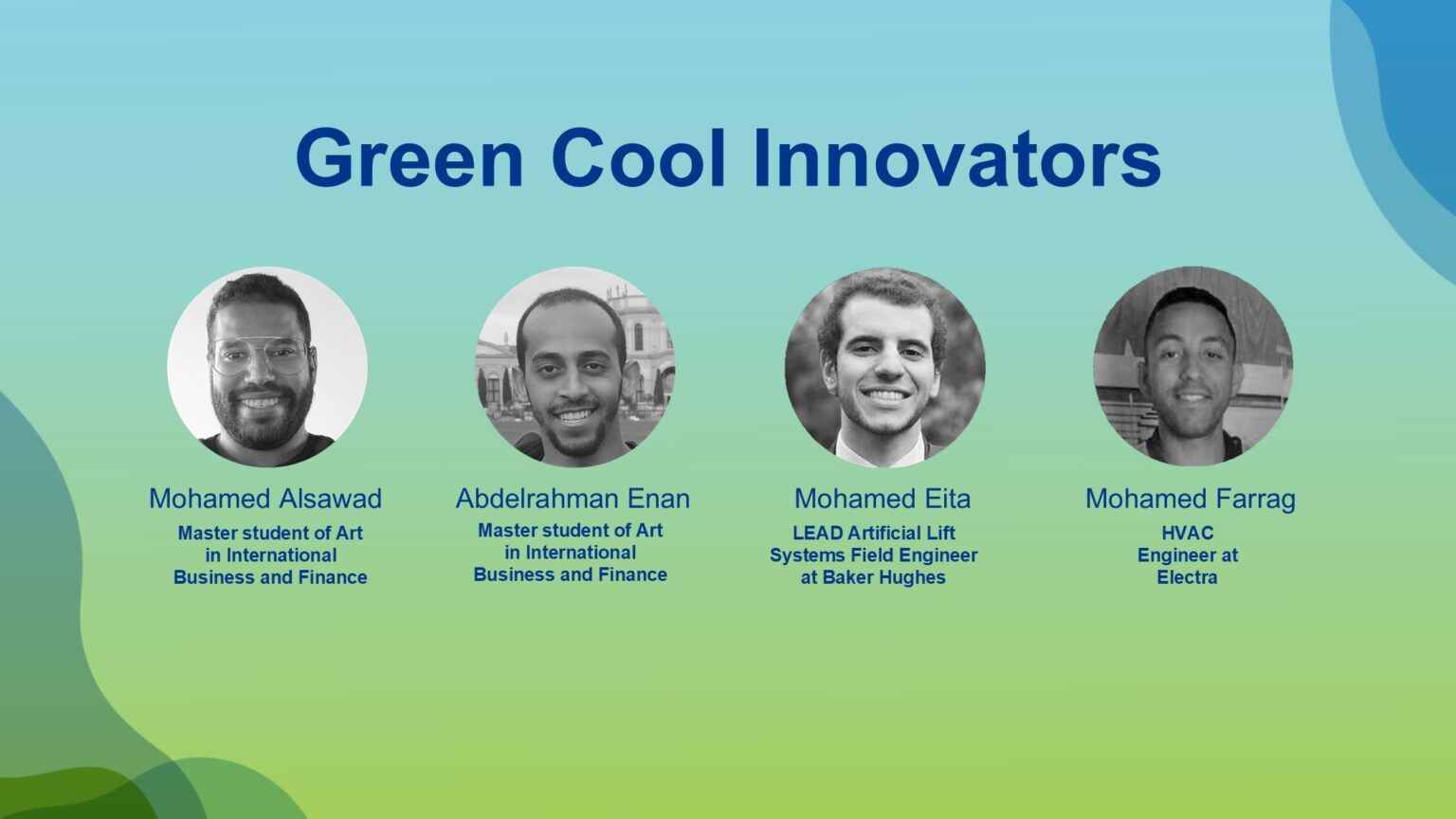
HempSustain Builders
Coimbra Hackathon
Members: Evelyn Calispa, Anișoara Neis, Irem Ustuntay, Zaher Akkad and Ismaila Kuburah.
Challenge: The building industry accounts for 40% of global greenhouse gas emissions. Despite a $1.34 trillion market size by 2024, only 3% is for bio-based materials. This contrast highlights an urgent opportunity to adopt carbon negative materials like industrial hemp. How can we take a step towards reducing the CO2 in our communities and building an effective network for industrial hemp?
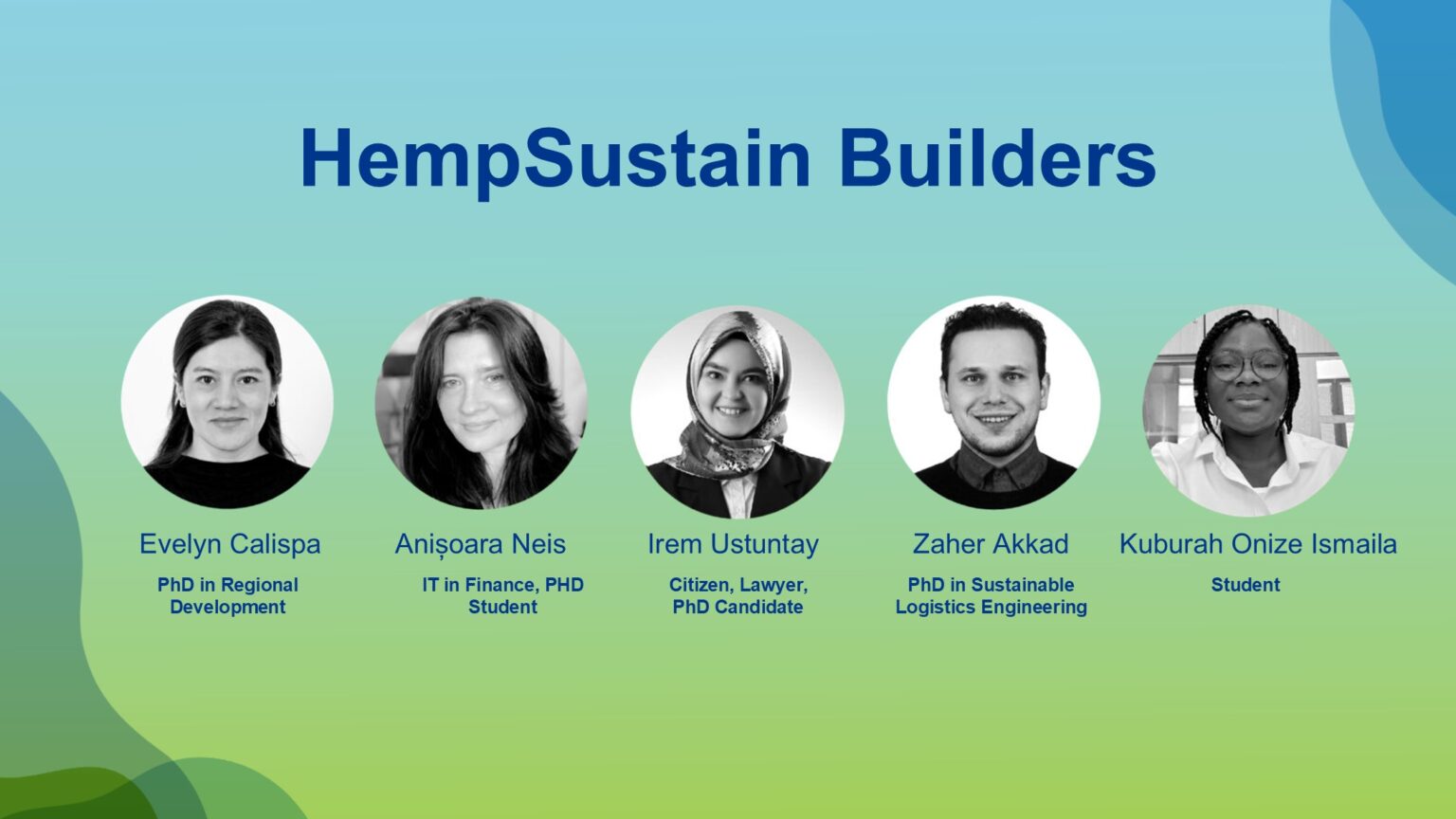
Plimira
Athens Hackathon
Members: David Klepej, Petros Lourikas, Barbara Kostanjšek and Maja Debevec.
Challenge: Our cities are facing increasing heavy rains and floods, causing large damages, casualties, and costs to the built environment. Between 1980 and 2020, floods have caused over 250 billion euros of financial losses (roughly half of all climates related economic losses) and almost 5000 fatalities in Europe alone (EEA, 2023). Especially in cities, floods affect people’s lives and cause high costs for insurance companies, cities, countries, and the European Union. How can we help the citizens, companies, and local authorities, to better prepare for these events and to minimise damages and fatalities due to heavy rains and floods?
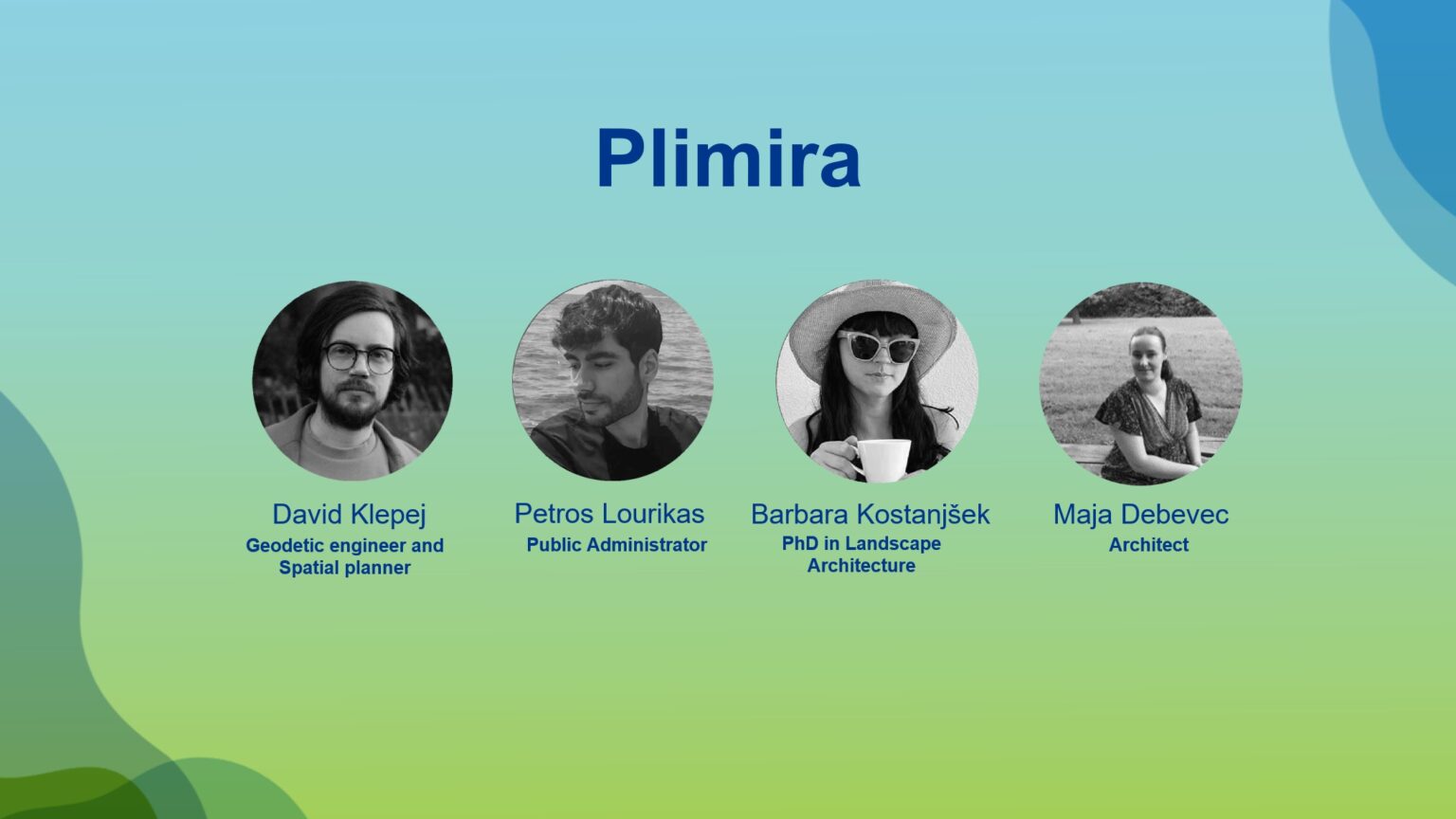
Smog Busters Alliance
Burgas Hackathon
Members: Nabilatul Husna Zulkifli, Nurul Nabilah, Milen Baltov and Muhammad Ilham Nazmi Bin Azahar
Challenge: Improving air quality and increasing job opportunities in Bulgaria.
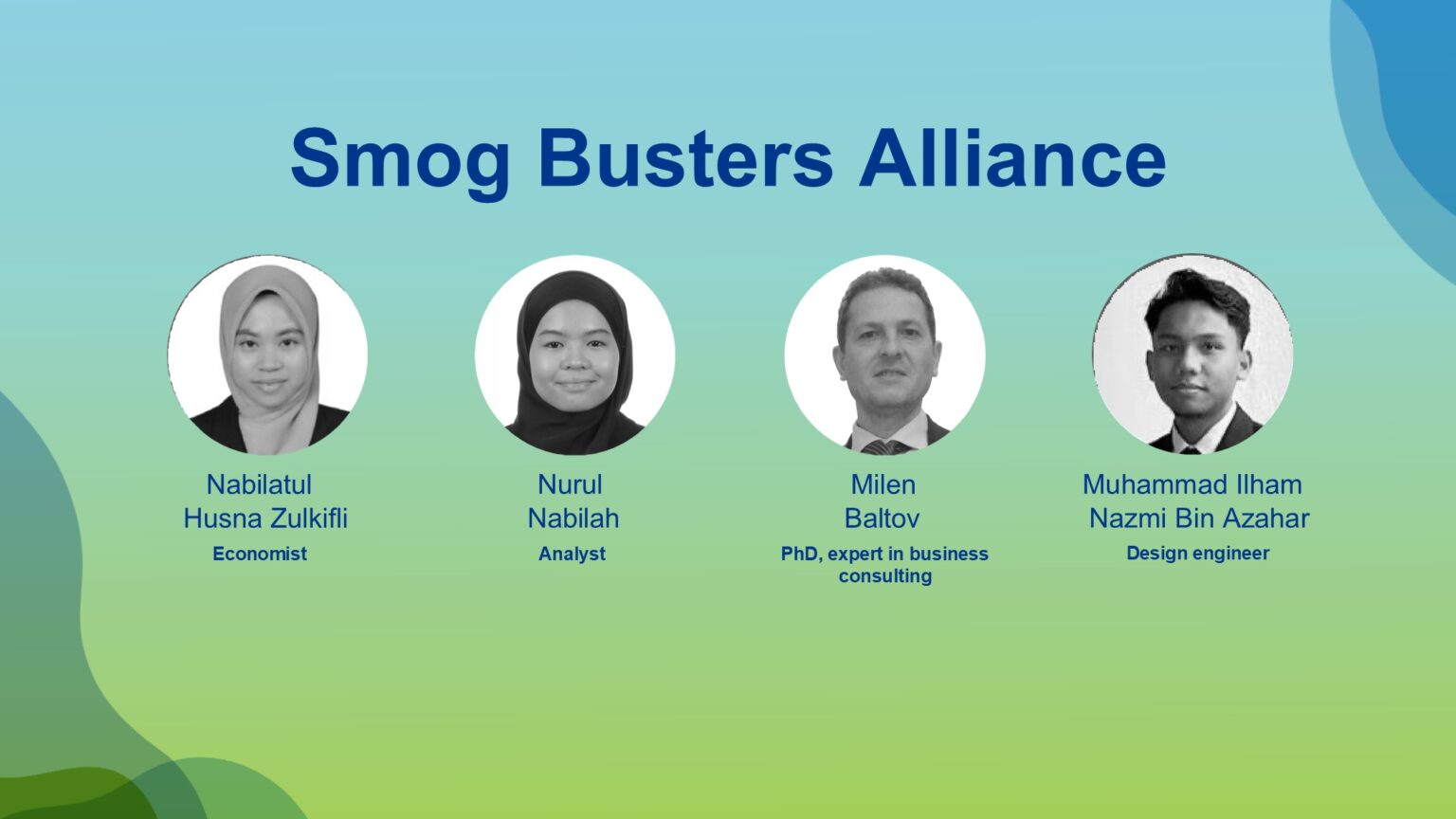
ToysAreGreen
Madrid Hackathon
Members: Pablo Maldonado, Rodrigo Sangil, Carlos Casanova and Yi Ze Chen.
Challenge: Empowering citizens with efficient consumption models in the Spanish region
